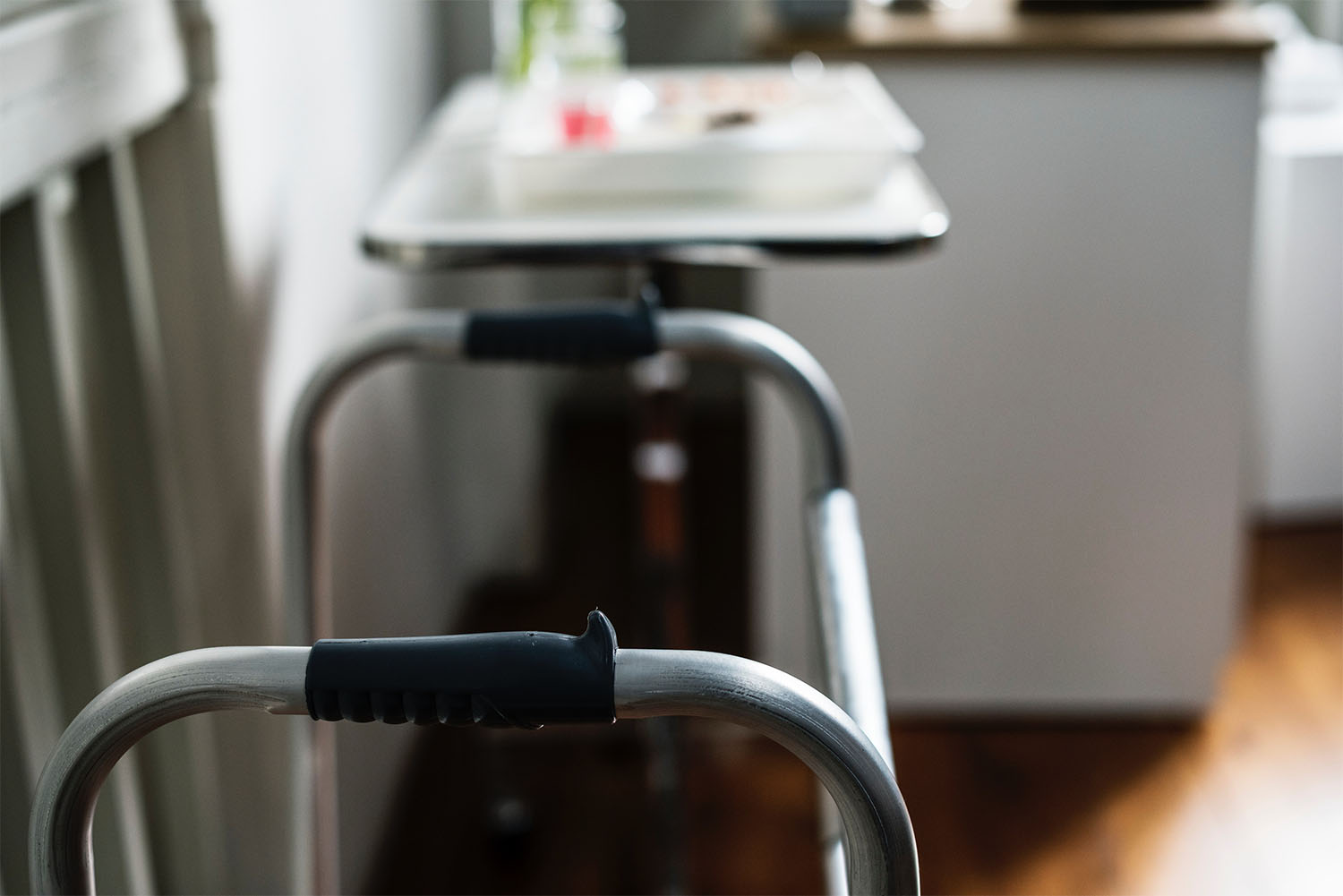For anyone new to disability support services you may have heard of the National Disability Insurance Scheme (NDIS) but are not exactly sure what it is for.
While it may sound overwhelming, it’s really just the formal way to describe how the Australian Government is providing support for people with a disability, their families and carers. It is coordinated by the National Disability Insurance Agency, or NDIA.
When it’s fully rolled out, the NDIS is estimated to be providing funding for around 460,000 Australians under the age of 65 who have a permanent and significant disability with the supports they need to live an ordinary life.
Back in 2013, the Hunter region was announced as a trial site for the NDIS and a lot has been learned along the way. For those new to the journey, here are some of the important things you need to know:
Who is it for?
To be eligible, you need to be able to cover off all the following.
- Are you under 65 years old? To access the NDIS you must be younger than 65 years old at the time you apply.
- Do you have Australian residency? To access the NDIS you must live in Australia and be an Australian citizen, OR a permanent resident, OR hold a Protected Special Category Visa.
- Do you live in an area where the NDIS is currently available? To access the NDIS right now, you must live in an area where the NDIS is available.
- Do you usually need support from another person or use special equipment to complete everyday tasks because of a permanent and significant disability? To access the NDIS you need to have a permanent and significant disability that stops you from doing everyday things by yourself.
- Do you need some supports now to reduce your support needs in the future? To access the NDIS to receive early intervention supports you must: have a permanent disability, or be a child aged 0-6 years with a significant developmental delay requiring a certain level of intervention, and there needs to be evidence that getting support now will help you by reducing the impacts of your disability or developmental delay, and building your skills and independence.
Remember, this is just a guide and the final decision about your eligibility is up to the National Disability Insurance Agency.
If you or the person you are caring for meets the criteria the first thing you should do phone the NDIA on 1800 800 110 to kick off your access request.
What support and services can be accessed under the NDIS?
Newcastle and Hunter Community Care is the ideal partner to the NDIS as we share a common goal: to provide support and services to enable people to live their best life possible.
The range of supports and services is many and varied. It may be education or employment, social participation, independence, living arrangements or health and wellbeing.
The key point is that whatever the support or service, it must be considered reasonable and necessary meaning it:
- Must be related to a participant’s disability
- Must not include day-to-day living costs not related to your disability support needs, such as groceries
- Is value for money
- Must be likely to be effective and work for the participant, and
- Takes into account support provided by other government services, family, carers and the community.
What about carers?
The NDIS directly supports those with a permanent and significant disability but by the very nature of the supports provided, families and carers are likely to get some benefit, whether direct or indirect. At the very least, carers should witness improved quality of life for NDIS participants.
Families and carers are also able to benefit from:
- Disability-specific supports needed because of the impact of a child or parent’s disability
- Disability-specific training programs for parents and carers who have a disability themselves, or a child with disability
- Support for children, teenagers and adults including home modifications, equipment, therapies and behavioural support, and development of a child’s skills to become more independent
The next step
The NDIA will consider an access request based on the criteria outlined above. If deemed eligible, that’s where Newcastle and Hunter Community Health can assist.
We are an approved NDIS provider and our dedicated Registered Nurses and Trained Carers can provide any level of assistance required with personal care, nursing services, community support and domestic services.
Together we can develop a plan to ensure you or your loved one is given the support they need to live the best life possible.
Please get in touch with us today.

